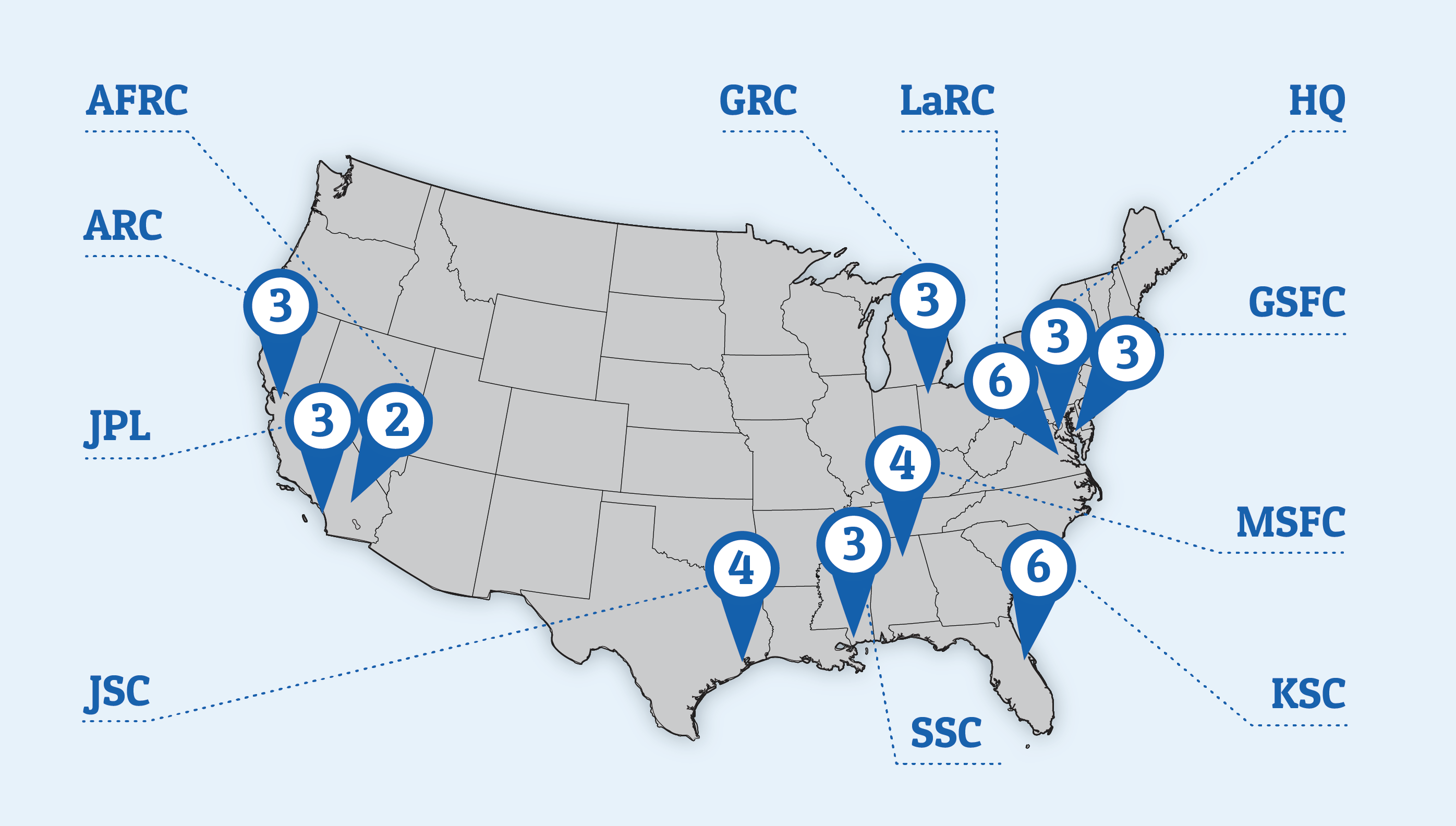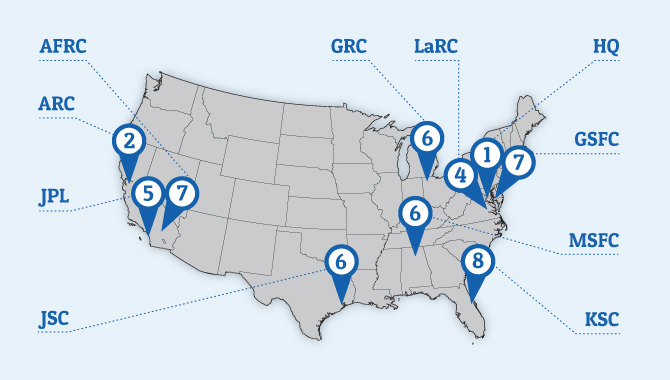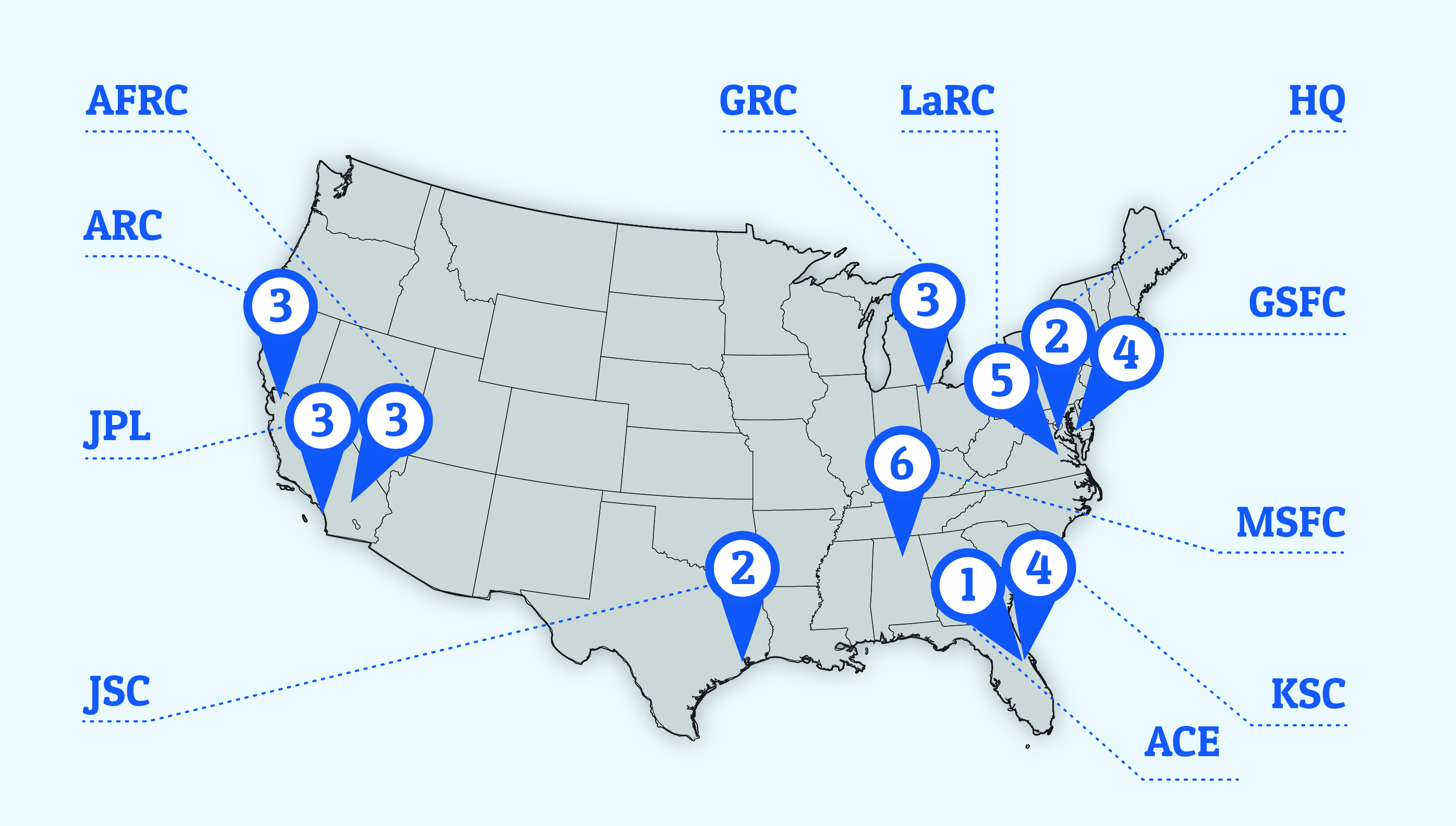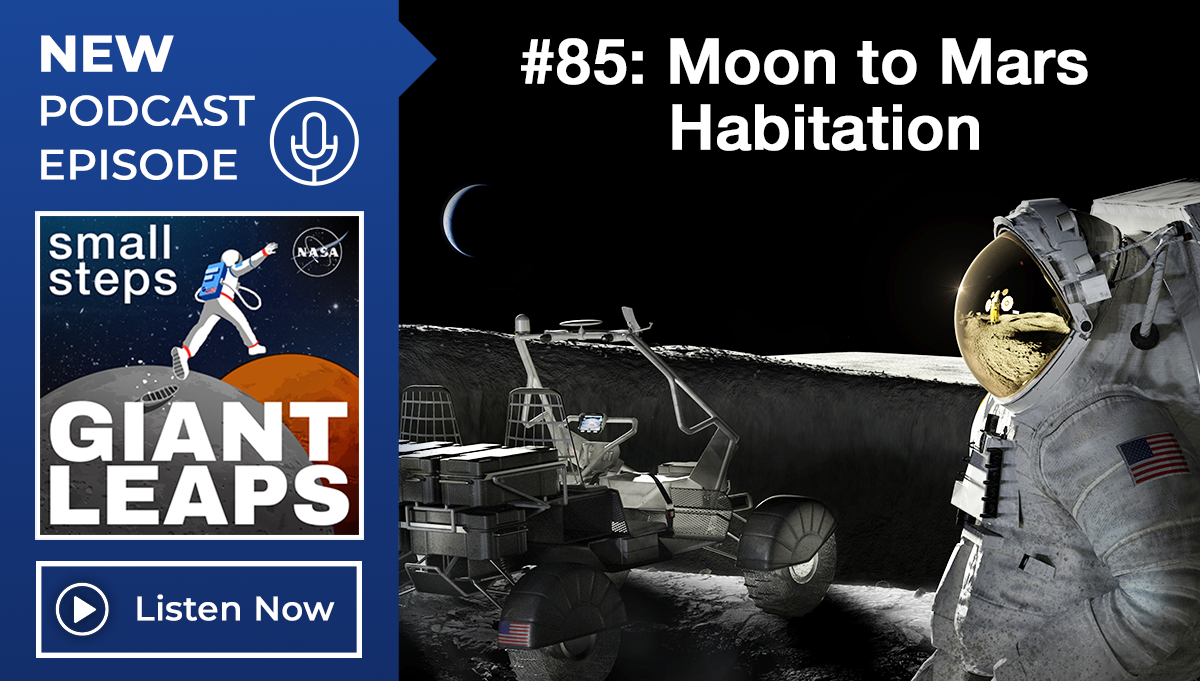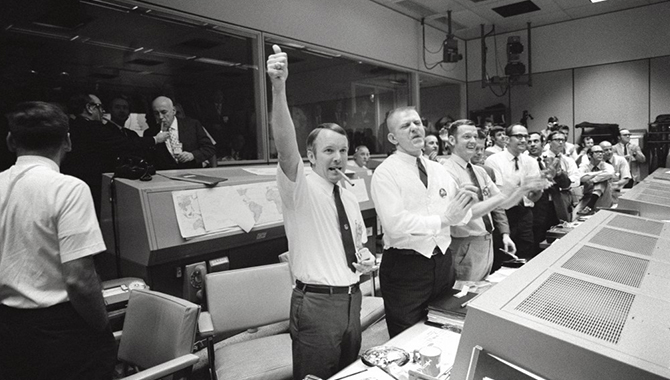
Members of the highly effective Apollo 13 team applaud the successful splashdown of the command module “Odyssey.” The group includes three of the four Apollo 13 flight directors (from left to right): Gerald D. Griffin, Eugene F. Kranz, and Glynn S. Lunney. In addition, Dr. Robert R. Gilruth, director, Manned Spacecraft Center (MSC) and Dr. Christopher C. Kraft Jr., MSC deputy director, light up cigars (upper left).
Credit: NASA
What do all NASA projects have in common? Their success depends on teams of skilled professionals working together to solve problems and deliver results.
Since Apollo 13, when teamwork proved integral to preserving a highly visible mission, the world has recognized the excellence of NASA teams. Today, building capabilities for managing and facilitating team processes that enhance successful team performance remains critical for NASA to maintain its position as a world leader in space exploration and scientific discovery.
To support NASA in creating successful project teams and enabling managers to lead them effectively, APPEL Knowledge Services has developed Building and Leading NASA Teams: a category of 11 courses intended to improve team leadership and effectiveness to help agency projects better accomplish mission-critical work. Each course is specifically designed to augment key aspects of team participation or management.
Courses for team members emphasize skills such as communication, which is a crucial element of team effectiveness. Good communication helps build cohesiveness, trust, and strong relationships among team members. Developing these skills and competencies also promotes better accountability, decision making, and the ability to produce results, all of which contribute to mission success. For leaders, APPEL Knowledge Services offers courses to enhance team leadership capabilities. These courses highlight strategies and tactics that strengthen the cohesion and effectiveness of NASA teams in order to maximize team performance and enable project success.
APPEL Knowledge Services team-related courses include:
- Assertiveness Training for Technical Professionals
- Communicating Technical Issues
- Crucial Accountability
- Crucial Conversations
- Managing Virtual Teams
- Negotiations
- Presentation Skills for Technical Professionals
- Quiet Project Management
- Team Leadership
- Team Membership
- Writing for Technical Professionals
In general, courses that stress soft skills such as communications or leadership are in high demand. Since fiscal year 2013, the requests for such courses have more than tripled. Team Leadership, in particular, is one of the most-requested courses. Feedback from participants underscores the high value they place on the behaviors and skills they learn in the course. According to one participant, “I am an experienced team leader in my organization and have attended numerous management and leadership training courses over my career. I always pick up new techniques and/or views in training to improve my leadership capability. This class provided me several tools to understand and motivate team members.”
Despite its firm commitment to delivering courses that emphasize team-related skills, APPEL Knowledge Services believes it can do more to support team effectiveness at NASA. In 2018, the organization began utilizing enhanced course evaluation metrics to assess the impact and benefit of courses in the Building and Leading NASA Teams category. The goal of this effort is to ensure the behaviors learned during these courses tangibly benefit NASA project teams.
The new course evaluation methodology stresses the importance of teaching critical behaviors and specific actions that are linked to organizational success. During the course, participants are given tools and resources to help them apply these behaviors. After the course, participants and their supervisors receive a list of strategies to reinforce their commitment to practicing the behaviors and increase the likelihood that they will be able to execute the behaviors back on the job. Forty-five days after the course, participants are asked to complete a survey to assess the degree to which they are practicing the learned behaviors. Participants are advised that completing the survey is critical to determine whether the behaviors taught in the course actually translate to the increased effectiveness of NASA project teams. APPEL Knowledge Services uses the collective data from all 11 courses to help identify the impact and benefit to NASA’s overall mission.
“We recognize the importance of not only offering courses that introduce critical behaviors and skills to support effective teams, but of taking the next step to evaluate the effectiveness of the courses themselves,” said Roger Forsgren, NASA Chief Knowledge Officer and APPEL Director. “That’s why we strongly encourage participants in all of our courses to complete the end-of-course evaluations. The results are crucial to the agency because they are seen as leading indicators of the impact the training has on NASA’s ability to meet our mission.”
To learn more about team-related courses offered by APPEL Knowledge Services, visit the Building and Leading NASA Teams category in the Course Catalog. Course participants are also encouraged to make the most of their training by utilizing the extensive array of career resources available on the APPEL Knowledge Services website.






